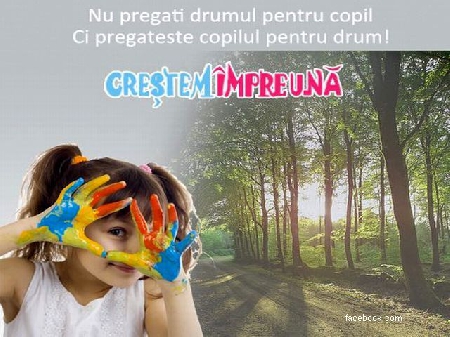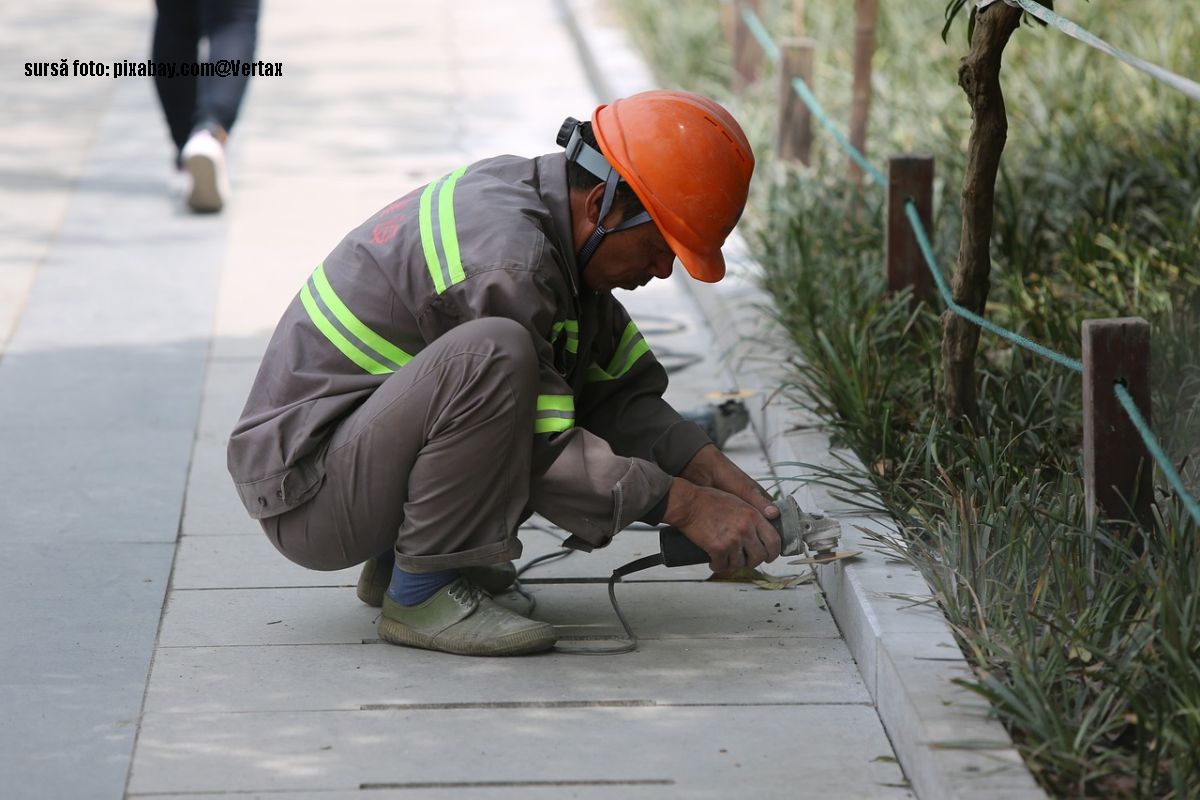Play Therapy
Playing is very important for the social, emotional, physical and cognitive development of children.

Ana-Maria Cononovici, 10.07.2013, 13:20
Summer vacation is here, and it is the right time to talk about games and playing. Playing is very important for the social, emotional, physical and cognitive development of children. Playing is the first stage of learning and creative activity. Children gain skills and have new experiences, develop their memory, attention, fantasy, thinking and artistic abilities. As the child grows, playing becomes more and more complex and imaginative, giving them an opportunity to cultivate their talents and abilities.
There is a project in Romania that has been running for the last three years, for children with disabilities called ‘Let’s Rediscover School’, aimed at reducing the rate at which these children drop out of school. Here with details is project manager, Daniela Visoianu.
“The novelty of the project is that we work with children and parents together as a team. There are a few stages in this project: first we train people to work with children and parents together, to become school mediators. Acting as a resource in schools, or for social services. After these trainers graduate the first stage, and gain accreditation, they must have a week of practical interaction with a group of children.”
There have been workshops for children, and activities with parents, but there has never been a workshop involving both parents and children. Daniela Visoianu told us about the advantage of this approach:
“We have the children control playtime, meaning that the child is the one that tells the parent what to do, and how to help him during play. It is a reversal of power. The children have the feeling at all times that they do what they want and what they like, especially children with special needs, and, more importantly, their parents, who are under tremendous pressure. Playing is a form of therapy for them too. Another important thing we do in this project is to offer parents psychological counseling, and to get them together with parents of kids with different disabilities than their own. Children who know each other and have different disabilities can see that there are things that compensate for their condition, and that they may have abilities that help them get along better than children who have a different disability. Each of them gets to see the good things about themselves, or the things they can rely on to deal with things.”
In late June, the project was helped by British therapist Eunice Stragg, who has 26 years experience in mental health, specializing in play therapy and sand play therapy. At first, Eunice worked with eight children with disabilities and their parents. Then the British expert explained the benefits of play therapy and for the workers in the program ‘Let’s Rediscover School’.
The main aim of this form of therapy is to help children deal with their emotional and behavior problems, to improve communication between child and parent. Another aim is improving verbal skills, the capacity to self-analyze, impulse control, developing coping mechanisms for anxiety and frustration, improving trust in others and the ability to relate to them. In order to reach these aims, the therapist takes into account the cognitive development typical of a child’s stages of development, as well as the conflicts typical of each stage.
Another novelty for a project of this type is the idea of developing some independence from parents for kids with disabilities. Daniela Visoianu tells us all about it:
”We want to give space to the child, so that parents understand they cannot build their lives around the child with disabilities. When parents are faced with this challenge, having a child with disabilities, reorganize their lives around this child, and dedicate 10 to 20 years of their lives to the needs of the child. The biggest danger is that the parent may leave the child with psychological scars, putting pressure on him, constantly reminding him of the sacrifices they made.”
So far, around 800 families from the south of Romania have been involved in the project. The next challenge is bringing this type of program at the national level.






























